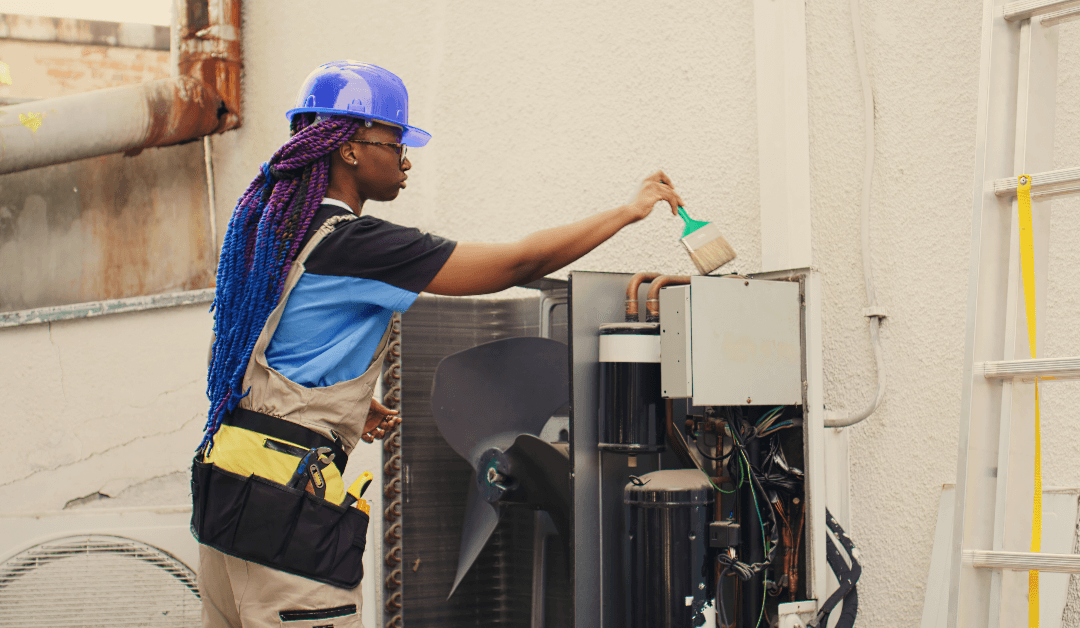When it comes to creating a comfortable and energy-efficient living or working space, the details often matter the most. In the complex world of heating, ventilation, and air conditioning (HVAC), one component stands out as a vital yet often overlooked part: HVAC coils. These serpentine marvels play a key role in controlling temperature, maintaining air quality, and even saving on energy bills. Yet, their selection, maintenance, and Florida replacement HVAC coils are often shrouded in mystery.
In this comprehensive guide by Bethel Products, we will unravel the intricacies of HVAC coils. From understanding their essential function to choosing the right type and recognizing when they need replacement, we’re here to demystify everything about HVAC coils.
What are HVAC Coils?
HVAC coils are serpentine loops of tubes that transfer heat in and out of the air in your home or building. They come in two primary types:
Evaporator Coils: These absorb heat from the air inside your space.
Condenser Coils: These expel the absorbed heat outside, thus cooling the inside of your building.
The Importance of HVAC Coils
Understanding the role of HVAC coils is crucial, as they serve as the backbone of your heating and cooling system. Moreover, their function transcends mere temperature control; they are vital for energy efficiency, cost savings, and overall indoor comfort.
Efficiency: Coils are responsible for the primary function of a HVAC system – heating and cooling. In addition, their efficiency directly impacts the system’s overall performance.
Energy Consumption: Well-maintained coils ensure optimal energy consumption, leading to lower energy bills.
Air Quality: Clean coils contribute to better air quality by preventing the circulation of contaminants.
How to Choose the Right HVAC Coils?
Here are some pro tips to help you make the right choice.
Material: Coils are typically made from copper, aluminum, or a combination. While copper has better heat transfer properties, aluminum is more corrosion-resistant.
Size: Furthermore, the size should match your HVAC system’s capacity. An oversized or undersized coil can reduce efficiency.
Fin Design: The design of the fins around the coils can impact heat transfer. Look for a design that maximizes surface area without restricting airflow.
Compatibility: Lastly, ensure the coil is compatible with the refrigerant used in your HVAC system.
Benefits of Replacing HVAC Coils
Improved Efficiency: Coils can become corroded or clogged over time, reducing their efficiency. Replacing them can restore your system’s performance.
Cost Savings: Furthermore, a new coil can reduce energy consumption, leading to significant savings on energy bills.
Extended System Life: Replacing worn-out coils can extend the lifespan of your entire HVAC system.
Better Air Quality: New coils can improve indoor air quality by ensuring efficient heat transfer and reducing the circulation of contaminants.
Signs You Might Need a Coil Replacement
Below we have some signs you might need a coil replacement.
Reduced Cooling or Heating: If your system isn’t cooling or heating as effectively as before, it might be due to a faulty coil.
Higher Energy Bills: In addition, a spike in energy bills can indicate a coil working overtime due to inefficiency.
Physical Damage: Visible damage, such as corrosion or leaks, is a clear sign you need a replacement.
Final Thoughts
HVAC coils are the heart of your heating and cooling system. Understanding their importance, knowing how to choose the right one, and recognizing the benefits of replacement can ensure your HVAC system operates at peak efficiency. Regular maintenance and timely replacements can lead to long-term savings and a comfortable indoor environment.
Are you ready to take control of your indoor comfort and energy efficiency? Contact our team of HVAC professionals today, and let us help you find the perfect Florida replacement HVAC coils.

